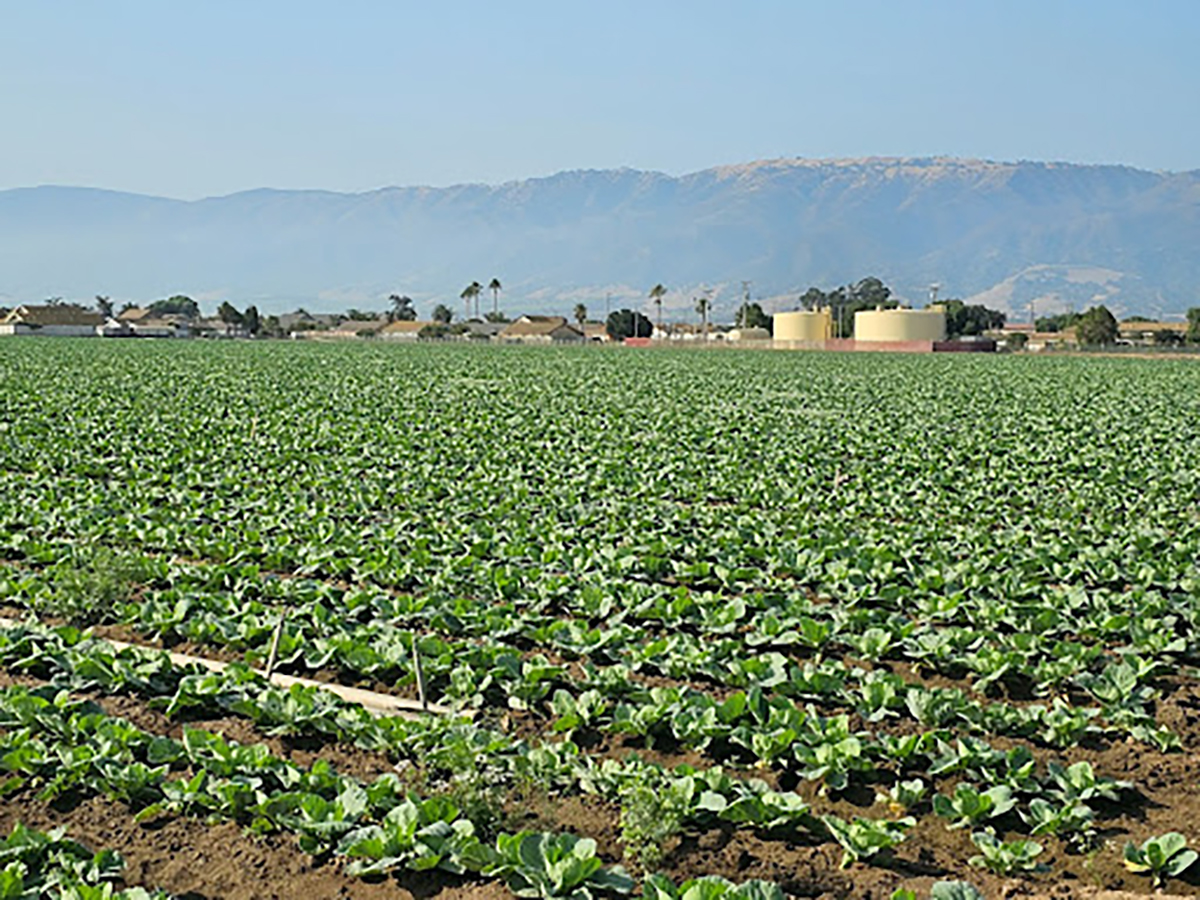AFF Farm Tour: Without farmers, we don’t eat.
By now, you all know that not only do I love food and eating, and I am eternally grateful to the growers, pickers, packers, and shippers who make it possible for wholesome, nourishing produce that we all love to show up at our farmer markets, grocery stores and then on to our tables.
I was recently invited and taken on a wonderful farm tour in Monterrey, California, by the Alliance For Food and Farming. This was my second farm tour with the group. Their mission is to share credible, evidence-based information with consumers centered around the safety of fruits and vegetables. They are a non-profit organization that represents both organic and conventional farmers.
We know that the average person living in the United States does not consume fruit or vegetables on a regular and consistent basis. If we all added one more serving of fruit or vegetable to our daily pattern of eating, we would see a meaningful reduction in the diagnosis of non-communicable conditions, including some cancers.
In my clinical experience and opinion, increasing your intake of fruits and vegetables, whether they are organic or conventional, will result in beneficial health outcomes, and the research supports this.
On my most recent trip, I had the tremendous good fortune of visiting Taylor Farms & Earthbound Farms. My close friends and family know that I think a head of lettuce, or any leafy green really, is as good a gift as a bouquet of flowers.
We learned about innovative AI technologies like a robotic weeder–yes, a robot that picks weeds—and alien-like bugs that eat harmful bugs that damage plants. Their agronomist explained that both of these are examples of environmentally friendly tools that farmers use to protect the integrity and health of soil while growing a wholesome product.

Did you know 90% of all US Strawberries are grown in California? There are incredible safeguards in place to help growers harvest safe produce. Like their leafy neighbors, California strawberry growers are stewards of the land. Water is always top of mind, I learned that one acre of strawberries uses less water than one acre of homes in Los Angeles–this is due to large-scale efforts by farmers to conserve precious resources. The commission also supports the use of environmental preservation techniques, such as implementing innovations such as bug vacuums and UVC light to manage pest pressure and soil-borne diseases.
After this trip, I walked away grateful for every grower and picker that returns to fields day after day, year after year, to supply us with the wonderfully nourishing bounty of the earth.


Leave a Reply